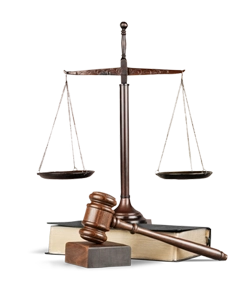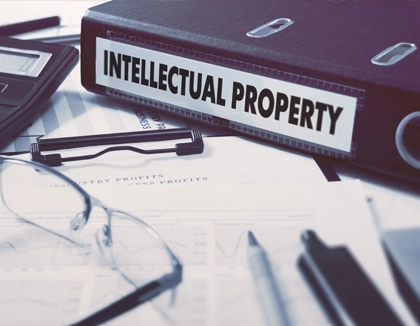

Protecting your rights, securing your future

Expert legal guidance tailored to your needs
From consultation to resolution





Legal clarity and guidance

Legal support across key practice areas
Legal systems can be complex, involving procedures, rights, and responsibilities that vary by situation. Understanding these elements is essential when dealing with legal matters. This space provides structured information to help individuals navigate key steps and make informed decisions with confidence and awareness, find out more on civilrightsdefence.org.

Understanding the Legal Framework

Laws shape how individuals and organizations interact within society.



Legal knowledge and interpretation
Lawyers are trained to understand, interpret, and apply complex legal texts and procedures to real-world situations, ensuring that actions align with current regulations.

Strategic analysis and advice
They assess each case based on evidence, legal precedents, and context, offering structured guidance to help individuals and organizations make informed decisions.

Representation and legal procedure
Lawyers act on behalf of clients in formal legal settings, ensuring their rights are protected and that all processes follow due legal procedure.

The foundation of effective legal practice

Understanding the core principles of law

Civil Law
Civil law governs disputes between individuals or organizations, covering areas such as contracts, property, and family matters. It focuses on resolving conflicts through negotiation, mediation, or court rulings to protect legal rights and obligations.
Criminal Law
Criminal law deals with offenses against the state or society, including theft, assault, and fraud. It involves prosecution and defense processes aimed at ensuring justice, maintaining public safety, and enforcing legal penalties.
Law and business
Corporate Law
Corporate law addresses the formation, operation, and regulation of businesses. It covers contracts, mergers and acquisitions, compliance, and shareholder rights, helping companies operate within legal frameworks.

Recruitment and career
Employment Law
Employment law governs the relationship between employers and employees. It includes workplace rights, contracts, discrimination, and dispute resolution to ensure fair and lawful treatment in the workplace.

Business growth

The lawyer’s role in business growth
As businesses grow, so do their legal needs. Lawyers can provide strategic advice on mergers and acquisitions, fundraising rounds (seed, Series A, etc.), and international expansion. They can also help mediate disputes and represent the entrepreneur’s interests in negotiations. A good legal partner acts as a trusted advisor, helping entrepreneurs make informed decisions that align with their business objectives while mitigating legal risks.


Legal professions

The diverse landscape of legal professions

Corporate Lawyer
Corporate lawyers are the backbone of the business world, advising companies on a vast array of legal matters.

Public Prosecutor
Public prosecutors are government attorneys responsible for bringing criminal charges against individuals suspected of breaking the law.

Intellectual Property (IP) Lawyer
IP lawyers specialize in safeguarding the rights associated with inventions, literary and artistic works, designs, and symbols.
Legal training

The path through legal training
Legal training as mentioned on human-rights-education.com, is the foundational process through which individuals acquire the knowledge, skills, and ethical understanding necessary to practice law. This typically begins with rigorous academic study, culminating in a law degree (such as a Juris Doctor in many countries), followed by practical training requirements like apprenticeships, internships, or professional practice courses. Continuous legal education is also vital throughout a lawyer’s career, ensuring they remain updated on evolving laws, technologies, and best practices in their specialized fields.

